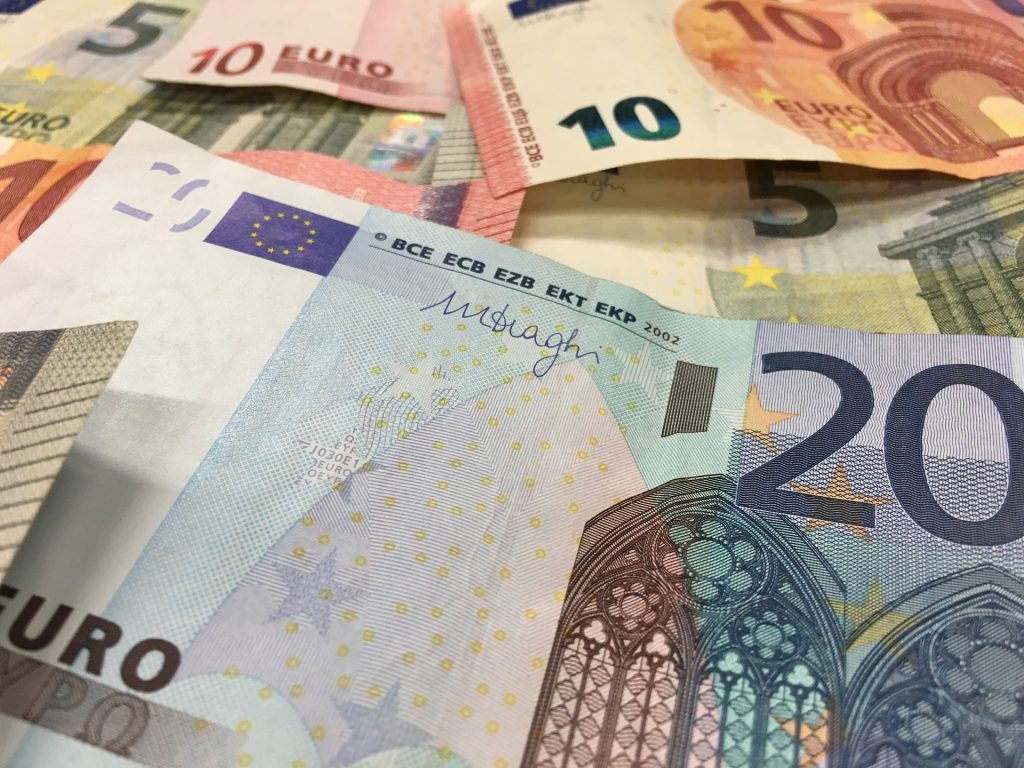November the 11th, 2024 – The Croatian credit rating was very recently upgraded to A. How will that reflect on anything felt by the average Joe increasingly irritated by price hikes and inflationary pressures?
As Index vijesti/news writes, Dnevnik’s recent guest was Finance Minister Marko Primorac, who spent his time explaining that the new Croatian credit rating of A represents a de facto intangible public good. He claimed that that so-called public good will be able to be utilised by companies, the public, and the state. Whether or not that will actually mean anything to increasingly shallow-pocketed public is yet to be seen.
PM Andrej Plenković bragged that the government had once again fulfilled one of its goals in this mandate, by including Croatia among the countries with a credit rating in the highest “A” category. It was also said that this is good and useful news for the general public as well. Finance Minister Marko Primorac revealed more:
“First of all, I’d say that this is truly a historic step forward and I’d just briefly like remind you that less than ten years ago, Croatia was in a very difficult financial situation. The country was in the procedure of excessive budget deficit and suffering macroeconomic imbalances. The Croatian credit rating at the time was practically at the non-investment level. This means that all those who wanted to invest in Croatia, to lend money to Croatia in the context of public borrowing, had plenty of reservations. In less than a decade, we’ve managed to achieve a truly historic step forward in this regard,” said Primorac.
the three alleged benefits of the new croatian credit rating
Primorac added that increasing the Croatian credit rating to this very high level in terms of benefits can be divided into three segments.
“One benefit is for the state, which of course then spills over into benefits for the general public and benefits for the economy. When we talk about the benefit for the state in terms of public debt, it’s important know that the higher the credit rating, the greater the trust of investors. The trust of investors and creditor confidence are currently higher, so they demand lower returns, i.e. the costs borne by the state are lower.
For example, at this year’s level, interest expenses stand at around 1.4 billion euros. This is approximately 1.5% of GDP. Back in 2015, interest expenses were around 3.5% of GDP.
If interest expenses this year were at the level of 3.5% of GDP, it would mean that we’d have to pay at least one and a half billion euros in interest expenses. That means that we wouldn’t be able to increase salaries, pensions, or social benefits, allowances or any other other benefits,” explained Primorac.
He stated that, when talking about benefits for the general public in terms of expenditures financed from the state budget, the state has one and a half billion euros available for other projects, development projects, investments and infrastructure.
“it’s a public good”
“When we talk about benefits for the economy, i.e. for companies, then of course we refer once again to the increased confidence of investors, creditors, and then also companies. In a way, they also benefit from the high credit rating of the state.
I’d even say that it’s a public good of sorts. A good credit rating represents a de facto intangible public good that can be used by companies, citizens, and the state,” emphasised Minister Marko Primorac.
He pointed out that this exceptionally high Croatian credit rating sends out strong signal to potential investors, with a particular emphasis placed on foreign investors.
“Croatia is already at the level of foreign direct investment, this year of around 4 billion euros. That will be a truly record amount. New investments also create new jobs. The benefits are evident for both companies and the public, and for the country as a whole,” concluded Minister Primorac.











